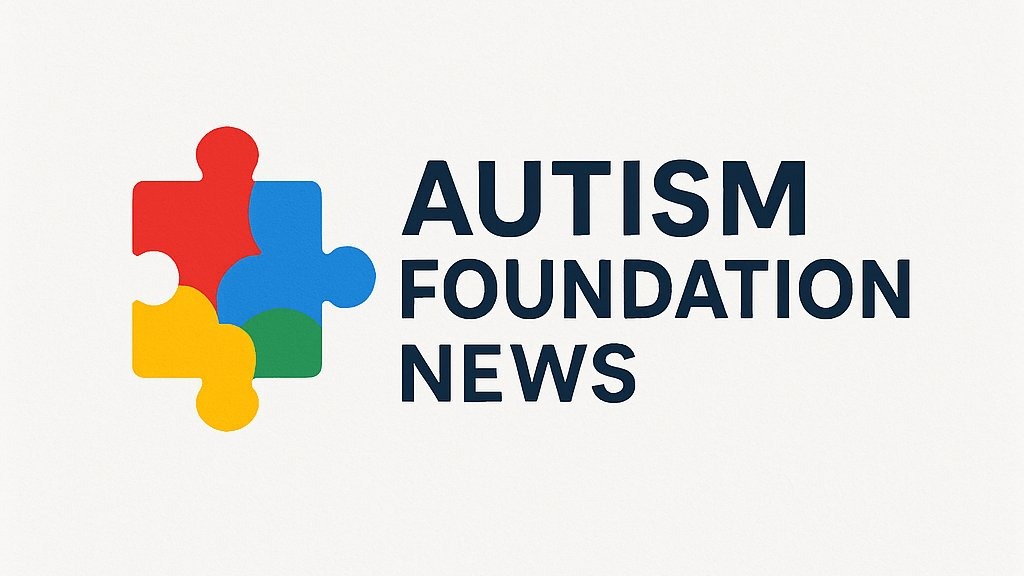
Introducing a Mindful Revolution for People with Autism
In an environment where technology increasingly shapes our lives, a new app focused on mindfulness offers promising tools, especially for individuals with autism. The upcoming Mindful App aims to provide a sanctuary for emotional well-being, with features designed to make mindfulness practices accessible for everyone.
What the Mindful App Brings
This comprehensive mindfulness resource will be available for both iPhone and Android users, aiming to foster a nurturing experience that blends into daily routines. It includes:
- Guided Meditations: Tailored for a variety of life moments, these meditations range from addressing anxiety and distress to cultivating joy. For individuals with autism, these guided sessions may help mitigate overwhelming experiences and promote a sense of calm.
- Expert-Led Courses: Covering topics like anxiety management, these courses will be instrumental for caregivers and healthcare professionals seeking to understand and support emotional growth in individuals with autism.
- Engaging Podcasts: Short, digestible meditation sessions and discussions will be available, perfect for quick engagement during busy days.
- Curated Collections: Thematic practices will help users to focus on specific self-care habits, enhancing the daily routines that seem to work best for them.
- Evidence-Based Articles: Readers will benefit from research-backed insights into mindfulness, fostering informed practice among caregivers and individuals alike.
Building a Mindful Foundation
The app’s design recognizes the unique challenges faced by the autism community, offering tools that could lead to enhanced self-awareness and emotional regulation. Mindfulness practices have been shown to foster resilience, a critical skill for both individuals on the spectrum and their families. For instance, utilizing guided breathwork can help a young adult facing social anxiety better manage their emotions when interacting in crowded spaces.
Empowering Caregivers and Families
Beyond individual users, the Mindful App serves as a resource for parents and caregivers looking to cultivate mindfulness in their homes. Understanding mindfulness can lead to healthier familial relationships and create environments where communication flourishes. Workshops available through the app could drive discussions about coping strategies, emotional expression, and effective communication, essential elements in nurturing the emotional landscape of those with autism.
The Importance of Early Engagement
By joining early, you can immerse yourself in this new mindfulness community, engaging with content tailored to your needs and interests. As diverse perspectives come together, they enrich the understanding of how mindfulness can pave the way for resilience and connection. The tangible benefits of practicing mindfulness not only include reduced anxiety but also an enriched daily life, fostering deeper relationships within families and communities.
A Journey Towards Mindfulness
This app isn’t just about mindfulness; it's about creating habits that can change lives. Learning to access the necessary resources in real-time supports not only individual growth but cultivates a more harmonious environment around everyone involved. As more thoughtful engagement with mindfulness occurs in the autism community, it empowers users to emerge more robust in their interactions and emotional well-being.
The Mindful App aims to be at the forefront of this change, providing a valuable tool for enriching lives through mindfulness.
Stay tuned for the launch and to explore how such digital tools can bring about profound shifts in our emotional landscapes.
 Add Row
Add Row  Add
Add 




Write A Comment